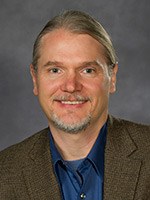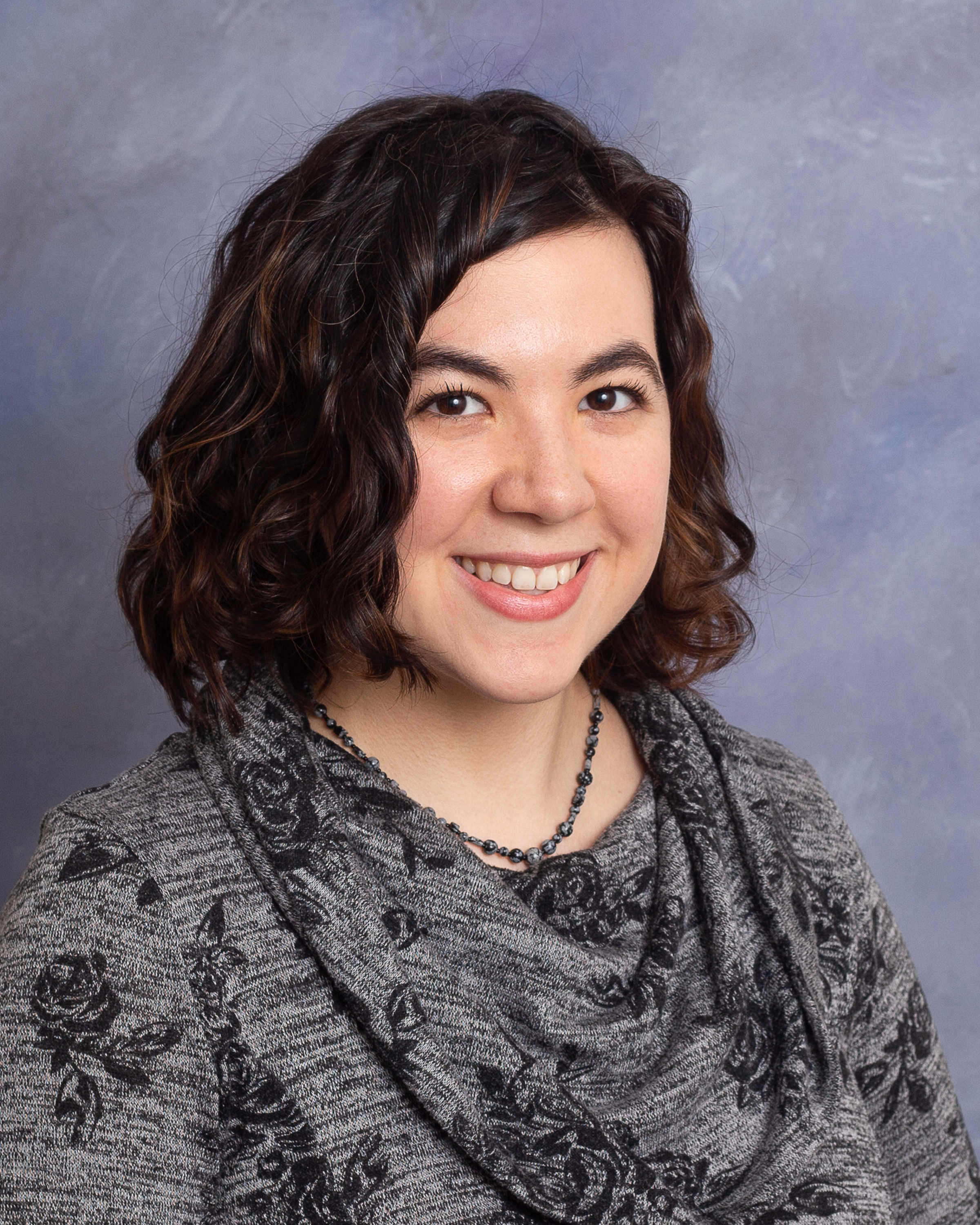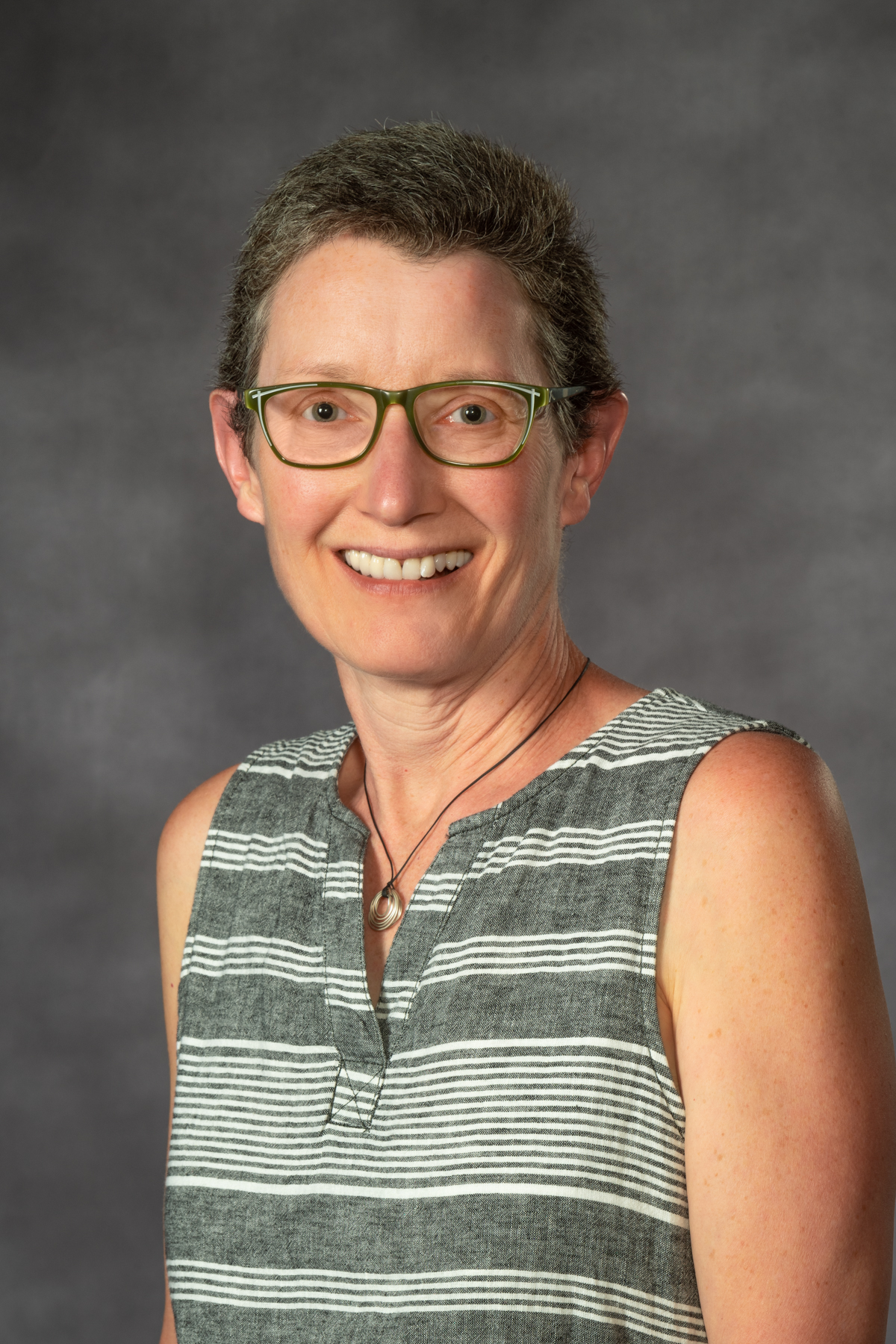The Biomedical Sciences Doctoral Portal (BSDP) at VCU is an entry point for students interested in doctoral training leading to careers in academic research, biotechnology, scientific policymaking, higher education and many other areas.
The BSDP oversees admissions for and recruits students into six Ph.D. programs within the School of Medicine.
BSDP Programs
Department of Cellular, Molecular and Genetic Medicine
Research areas
- Bioactive lipids, metabolism in health and diseases
- Cancer biology
- Neuroscience
Program information
Tomasz Kordula, Ph.D.
Program Director
tomasz.kordula@vcuhealth.org
Department of Cellular, Molecular and Genetic Medicine
Research areas
- Complex disorders
- Tumor biology and metastasis
- Cancer gene therapy
- Muscular dystrophy
- Epigenetics
Program information
Dan Bullard, Ph.D.
Program Director
daniel.bullard@vcuhealth.org
Department of Neuroscience and Anatomy
Research areas
- Drug abuse and mental illness
- Glial cell biology
- Injury, repair and degeneration
- Plasticity and development
- Channels, receptors and transporters
Program information
Andrew Ottens, Ph.D.
Program Director
andrew.ottens@vcuhealth.org
Department of Microbiology and Immunology
Research areas
- Microbial Molecular Pathogenesis, Genomics & Translational Science
- Cancer Biology
- Immunopathology & Immunotherapy
Program information
Lisa Shock, Ph.D.
Program Director
lisa.shock@vcuhealth.org
804-628-2289
Department of Pharmacology and Toxicology
Research areas
- Drugs of abuse and alcohol
- Neuroscience
- Cancer
- Cardiovascular
- Gastrointestinal pharmacology
Program information
Keith Shelton, Ph.D.
Program Director
keith.shelton@vcuhealth.org
804-827-2104
Department of Cellular, Molecular and Genetic Medicine
Research areas
- Molecular biophysics
- Cardiovascular
- Gastrointestinal
- Chemical senses
- Neuroscience
Program information
Roland N. Pittman, Ph.D.
Graduate program director
roland.pittman@vcuhealth.org
Carlos R. Escalante, Ph.D.
Assistant graduate program director
carlos.escalante@vcuhealth.org
How it Works
The BSDP guides students through two key training steps during their first year selecting their program and matching with their dissertation laboratory. Students spend their first year taking courses, chosen with the guidance of an academic counselor from one of the Ph.D. programs, while performing research rotations in laboratories in their area(s) of interest.
Although each program is unique, the coursework will normally include a series of foundational and elective courses as well as seminars. Research rotations can be performed in a wide range of participating laboratories. By the end of their first year, students are expected to join both a Ph.D. program and a dissertation laboratory
After selecting their Ph.D. program and dissertation training lab, students continue taking courses (typically through the second year) and participating in journal clubs and seminars (typically throughout their training), and initiate or expand independent, mentored research projects in their dissertation labs.
Students identify faculty members to serve on their graduate advisory committees and take comprehensive exams administered by the individual programs, typically near completion of the second year. Upon completing these key steps, students focus on their research projects and research productivity (publishing articles, presenting at regional, national and international conferences, etc.), students write and defend a dissertation. This culmination of Ph.D. training typically occurs five yens after initially enrolling via the BSDP.
How to Apply
Prospective BSDP students must apply online through the VCU Office of Graduate Admissions, using the following steps:
- Create an account in the application system
- Select Application for all other graduate programs
- Select Biomedical Sciences – Undifferentiated – Doctoral portal
- Complete the application
Alternatively, applicants can apply to one or more of the component programs of the BSDP by selecting any number of the six programs.
Applicants should submit only one application regardless of areas of interest. All doctoral portal applications are reviewed by the same committee. Selection of a component program (e.g., Biochemistry – Doctoral portal) is not binding, but does help us ensure your application is reviewed by the appropriate committee members.
Applications are accepted beginning August 1. Applications to the BSDP should be completed (i.e., receipt of all forms, letters, transcripts, $75 application fee, etc.) by December 1 of the year before matriculation. Application fee waivers are not currently being provided by the BSDP. Applications completed after this date will be reviewed only as remaining spaces permit.
Applicants to the BSDP must have earned a bachelor's degree or higher in the biological, chemical or related sciences by the time of enrollment. Successful applicants will have completed undergraduate courses in biology, chemistry through organic chemistry and mathematics often through calculus.
Typically, we target applicants with GPAs of 3.3 or higher, and substantial research experience in a biological, biomedical or chemical laboratory setting.
We take a holistic approach when evaluating applications, though, and strength in one or more aspects of an application can compensate for another area that is not as well developed.
International applicants who do not meet the requirements for an English proficiency waiver must have a minimum score of 100 on the TOEFL, 6.5 on the IELTS or 120 on the Duolingo.
A completed application contains all information requested online including transcripts, three letters of recommendation and a personal statement. GRE scores are not required, nor will they be evaluated if they are provided.
Letters of recommendation should comment on the applicant's suitability for graduate training and on the applicant's research or other relevant experience.
The personal statement should be the original work of the applicant and therefore should not be generated by artificial intelligence programming. The applicant's personal statement should describe in 500-1000 words their
- Anticipated Ph.D. program (if known)
- Research or other relevant experience, including the overall project goals and the applicant’s role (e.g., design of experiments, data collection under the guidance of a more senior lab member, etc.) in the experiments
- Main graduate research interests and a short list of prospective faculty mentors
- Rationale for pursuing Ph.D. training and any current career plans
- Other pertinent information that will help us evaluate the applicant as a prospective Ph.D. trainee, including circumstances that may have hindered the applicant’s progress or development
International applicants who do not meet the requirements for proof of English proficiency must provide TOEFL or IELTS scores (VCU code 5570). See VCU Graduate Admissions for more information.
After being reviewed, selected applicants for the next application cycle will be invited for a day-long session of interviews. The interviews are an important step in the admissions process during which we learn more about the applicants and the applicants learn more about VCU. Applicants should be prepared to discuss their prior training at a depth appropriate for their level of education and experience during the interviews.
Based on the outcome of the interview process, selected applicants are offered admission for fall enrollment. Although we prefer that applicants confirm their commitment to enroll as soon as possible, applicants have until April 15 to accept a training position in the BSDP.
Financial Support, Tuition and Fees
Full-time doctoral students typically receive financial support that includes a stipend (currently $36,600 per year) and health insurance, plus tuition and fees for the duration of their training as long as they are making satisfactory academic progress. Students are eligible for travel grants through the School of Medicine and the Graduate School, and might also be eligible for financial aid through the School of Medicine Financial Aid Office as well as support through training grants and national fellowships.
VCU School of Medicine Financial Aid OfficeContact Us

Keith Shelton, Ph.D.
Assistant Dean for Doctoral Recruitment and Admissions
keith.shelton@vcuhealth.org
804-827-2104

Jenna Joyner, B.S.
BSDP Program Coordinator
jenna.joyner@vcuhealth.org

Mary Rosenthal, M.S.
Former BSDP Program Coordinator
mary.rosenthal@vcuhealth.org
For more information about specific programs, Connect with Us!